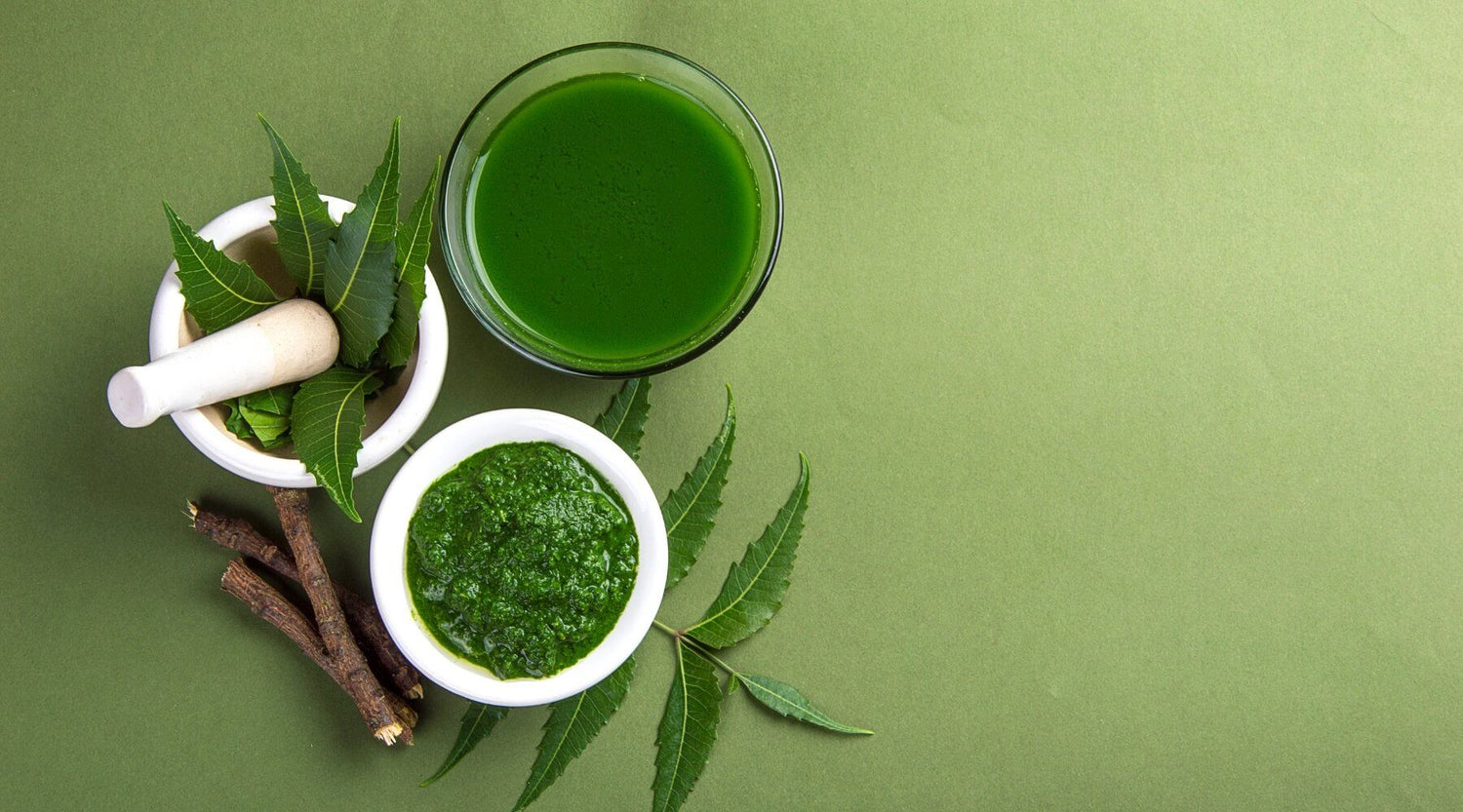
What is neem oil and why is it in our toothpaste?
Neem Oil
Latin name: Azadirachta Indica
As well as supporting dental health in truthpaste Original, neem oil has been used for centuries around the world for many uses. Also known as the nim tree, the rather romantic sounding Indian Lilac. Our personal favourite is the KiSwahili name mwarobaini meaning ‘of forty’ due to the common East African belief it can cure 40 diseases.
Where is neem from?
Typically found in tropical regions, the Neem Tree is native to India, although can be found in many parts of Africa and the Middle East. Part of the mahogany family, the Neem tree is known for growing very quickly in the right conditions. Our neem seed essential oil is from India, just in case you were wondering!
What is neem used for?
Neem toothpaste
Research has shown that Neem can help reduce the amount of plaque buildup on teeth as well as reducing gingivitis, a great natural ingredient for dental health!
But truthfully:
LIKE WHAT YOU'VE READ?
Use the links below👇 to share with your community on social media.
Let customers speak for us
from 2130 reviewsI like this toothpaste but it is quite strong

I am loving this easy to use tastes great. It doesn’t froth in the mouth or need to rinse it just leaves a wonderful clean fresh feeling. The floss is easy to use and doesn’t get caught up or wedged like others. The mouth wash has a real zing to it you can feel it working and refreshing your mouth between brushing.

I have been using the mask for over a week now and I can definitely feel the sensitivity on my teeth has reduced. I need to see how it is in a few months but so far I am pleased.

A tooth paste that does exactly what it claims, my teeth feel so much healthier.

Brought for my son his never going back to a normal toothpaste again he likes the fresh minty taste

I really love the toothpaste. Very happy with it thank you.

It’s comforting knowing when my son inevitably swallows most of the toothpaste in his mouth, it’s natural and doesn’t contain nasty chemicals. He also enjoys the taste and the last natural toothpaste we had he would clamp his mouth shut, so we are very pleased with this product

Pleasantly surprised by this toothpaste, ive had some really bad tasting flouride free toothpastes so I had very low expectations. But ive enjoyed this one thoroughly, we also got the kids mild mint for my son and he can’t get enough. Really pleased we’ve found truth paste, love that it’s not in plastic too!

It has the tart, aromatic taste of normal toothpaste that promises to therefore be good for your teeth. Not being able to guarantee I will always clean twice a day, I find that my teeth have become stronger in their roots, they may have even self repaired in places and they're cleaner than they've ever been.
If more than one household member is using it, there needs to be a little spoon to neatly take some each time ("toothbrush marks" in the paste can be a little off-putting) It would be nice if the jar came with something small and biodegradable like that

These interdental brushes are very well designed for the job they have to do.
Also good to feel one is not adding to all the plastic that is out there.
Thank you.

My teeth and gums still feel great

I was recommended this toothpaste to try as more natural alternative to the commercial brands after complaining about reactions from the chemical formula used in these brands. Although I have only used them for a couple of weeks I am more than satisfied with the results, there has been no painful reaction from the product, my gums feel firmer and I believe it may also help with my sensitive digestive system. I will continue using this product and observe if it continues to work.

I love the way a small amount of this goes a long way. I also love the way it forms a true paste that feels like it is cleaning and coating and feeding my teeth & gums.

I have only been using the tooth powder for a few weeks and I can't really see a noticeable difference but I love the way the product feels and my teeth do "feel" better.




Leave a comment